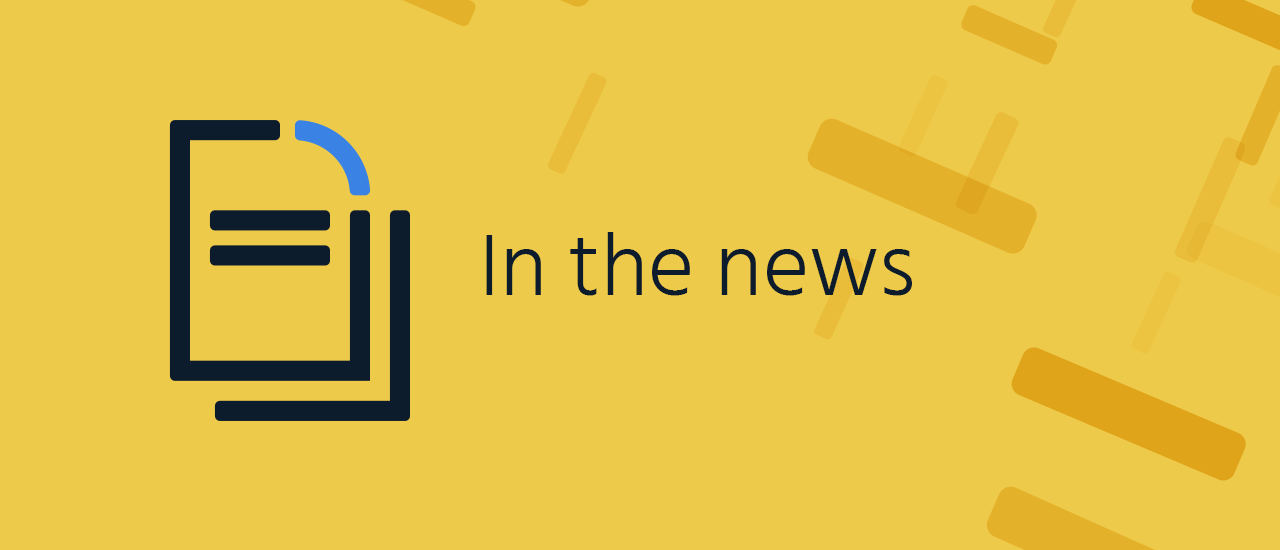Blazing speeds: The U.K. government has announced the areas that will first get gigabit broadband service as part of an ambitious plan to roll out super high-speed Internet service to 85 percent of the nation by 2025, the BBC reports. First on the list are homes and businesses in Cambridgeshire, Cornwall, Cumbria, Dorset, Durham, Essex, Northumberland, South Tyneside, and Tees Valley.
Protect the DNS: The U.S. National Security Agency and the Cybersecurity and Infrastructure Security Agency are pushing for a new security service, called Protective DNS, for the Internet’s Domain Name System, Nextgov says. Protective DNS “is different from earlier security-related changes to DNS in that it is envisioned as a security service – not a protocol – that analyzes DNS queries and takes action to mitigate threats, leveraging the existing DNS protocol and architecture,” says a guide from the NSA and CISA. The goal is to foil more than 90 percent of all malware attacks.
Tracking all the phones: Apple is warning that Chinese app makers are creating workarounds for the company’s upcoming limits on ad tracking on its iPhones, the South China Morning Post writes. An upcoming software update from Apple requires users to give permission before apps can track them across other services and websites for the purpose of delivering targeted advertising. But several Chinese companies are preparing to circumvent the new feature.
Asking for a redo: India’s government has asked a court there to stop WhatsApp from rolling out a new privacy policy, saying the proposal would violate several Indian laws, The Tech Portal reports. The government says WhatsApp’s new privacy policy, which has been detailed after several groups raised concerns, fails to specify the types of sensitive personal data that were being collected. Some users have also complained that the new privacy policy will allow WhatsApp to share their data with parent company Facebook.
Jobs vs. 5G: Finnish telecom company Nokia plans to cut about 10,000 jobs to pay for technology improvements to catch up with rivals on 5G, The Guardian reports. Nokia will invest the estimated €600 million in annual cost savings in research and development on 5G, cloud and digital infrastructure.
Half the world lacks Internet access. Learn how community networks can help bridge the connectivity gap.
